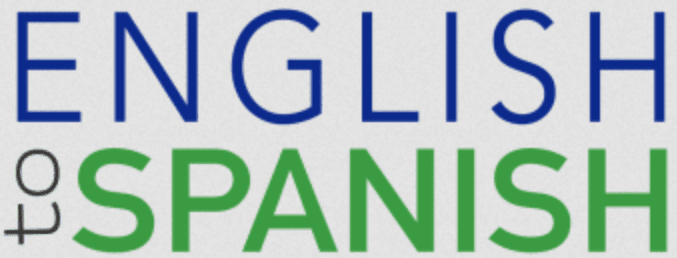Discover how "Manana" shifts meanings and genders, capturing time's essence in Spanish.
This week, we spotlight "Manana," a Spanish word rich in meaning and versatile in its grammatical gender. Whether feminine or masculine, mañana offers insights into different aspects of time.
Feminine Usage of Mañana
In its more familiar feminine form, mañana refers to the morning—the early hours of the day from dawn until noon:
-
Son las cinco de la mañana.
It’s five o’clock in the morning. -
Me levanto a las cuatro de la mañana.
I get up at four o’clock in the morning. -
Cuando desperté en la mañana, Diego ya había salido.
When I woke up in the morning, Diego had already gone out. -
Escribía los sábados por la mañana.
She would write on Saturday mornings. -
Llegaron a primeras horas de la mañana.
They arrived early in the morning. -
La mañana fue muy fría.
It was a very cold morning.
Mañana as an Adverb: Tomorrow
Outside its noun form, Manana is commonly used as an adverb, meaning tomorrow:
-
Mañana no puedo ir.
I can’t come tomorrow. -
Hoy no; mañana.
Not today; tomorrow. -
¡Hasta mañana!
See you tomorrow!
In fact, both meanings—morning and tomorrow—can often appear in the same sentence:
- Puedo buscarlo mañana por la mañana.
I can pick it up tomorrow morning.
Masculine Usage of Mañana: The Future
In a less common but equally profound sense, mañana takes on a masculine gender to symbolize the future—an abstract, undefined time yet to come:
-
El mañana es incierto.
The future is uncertain. -
Nadie sabe lo que el mañana nos depara.
No one knows what the future has in store for us.
The Poetry of Mañana
The duality of mañana—spanning morning, tomorrow, and the future—reflects the fluid relationship between time and language in Spanish. Whether marking a specific moment at dawn or the broader horizon of possibility, mañana serves as a bridge between the present and what lies ahead.
Come back next week to explore more Spanish nouns whose genders shift with their meanings.







